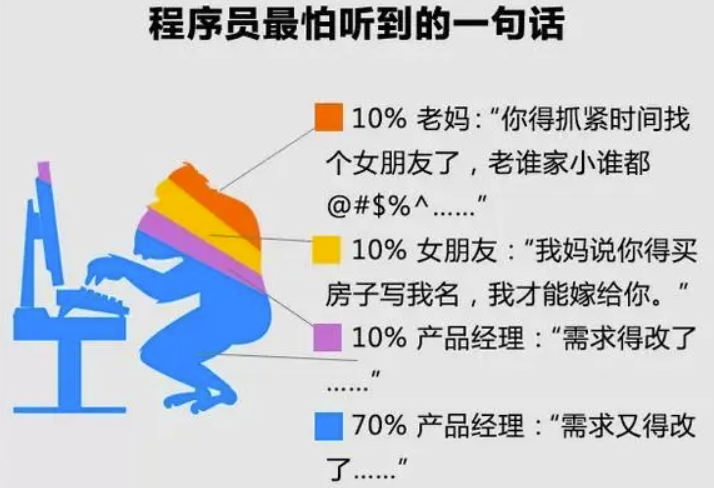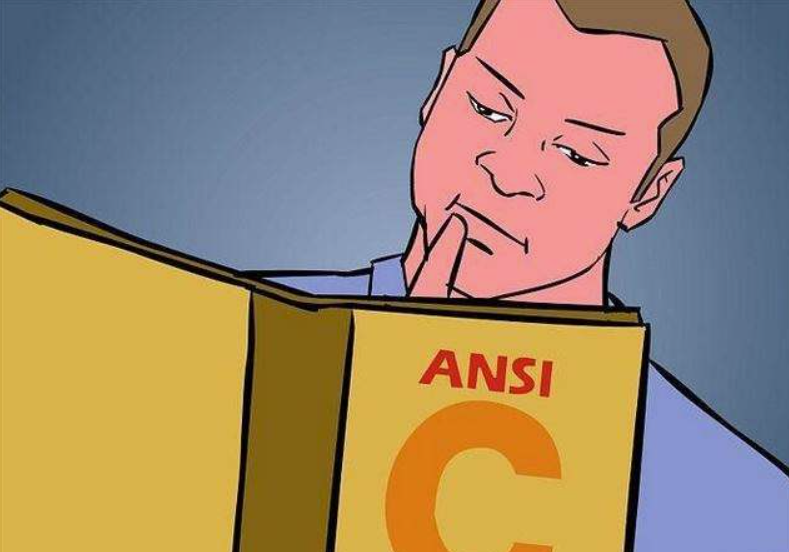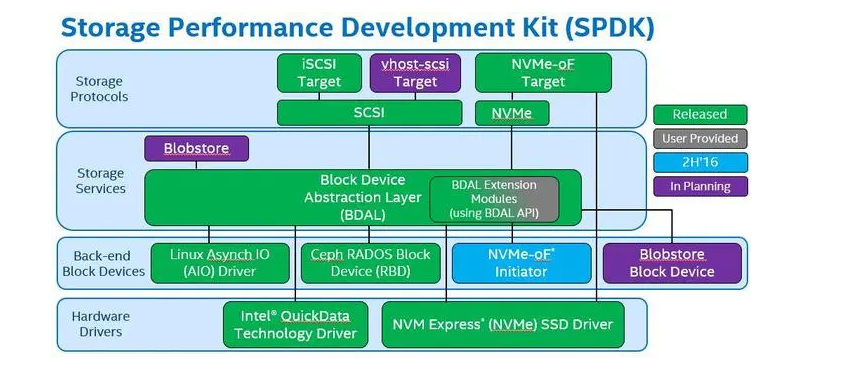The depletion-repletion hypothesis suggests that individuals regulate their energy intake and expenditure based on a caloric set-point. It proposes that signals from fat and nutrient depots inform the brain about their current status, which is then compared to desired set points. This comparison leads to adjustments in food intake and energy expenditure to maintain the desired levels of stores. This hypothesis is supported by evidence from small mammals, such as the identification of glucose-responsive neurons and observations of compensatory hyper- or hypophagia following periods of food restriction or overfeeding.
On the other hand, the primed response hypothesis suggests that animals will eat whenever an opportunity arises unless specifically inhibited. Studies examining the relationship between meal caloric content and feeding intervals have shown that there is no correlation between the amount eaten in a meal and the interval to the previous meal. Instead, larger meals lead to longer intervals before the next meal, indicating that eating is inhibited by satiety signals triggered by a meal.
Both hypotheses contribute to our understanding of how animals regulate their food intake and energy balance. The recent focus on leptin has further increased interest in exploring these mechanisms.
内容由零声教学AI助手提供,问题来源于学员提问






















